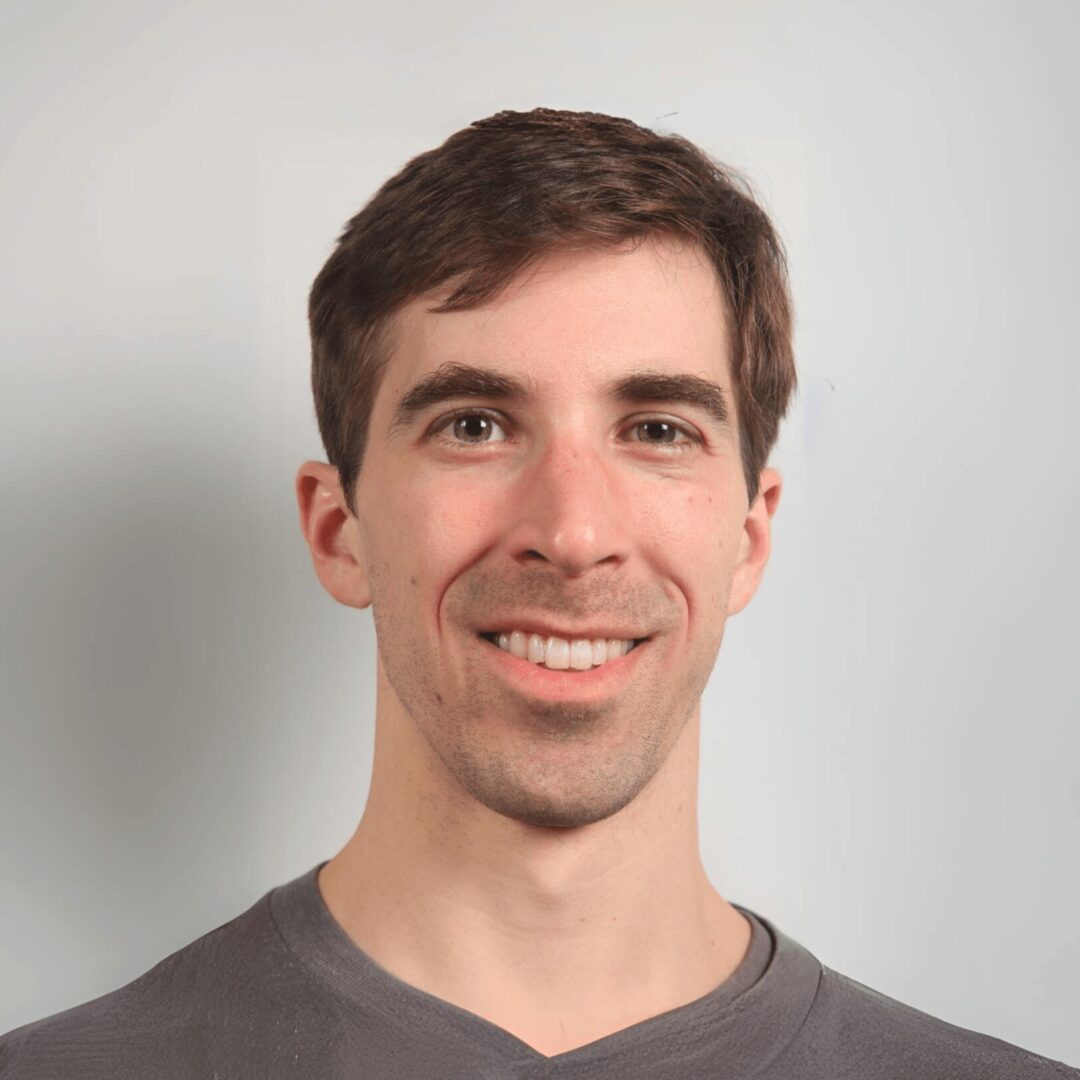We recently had the chance to connect with Alex Cap and have shared our conversation below.
Alex, a huge thanks to you for investing the time to share your wisdom with those who are seeking it. We think it’s so important for us to share stories with our neighbors, friends and community because knowledge multiples when we share with each other. Let’s jump in: What is a normal day like for you right now?
I get up at 6am. Lately, I’ve been learning Wwise, an audio implementation middleware program, and I work on that until I eat breakfast around 7:15. I’ve got about 7 hours in between when I finish breakfast and when I eat lunch, and it’s very hard for me to spend 7 hours straight on a single task, so I need to split up the time into a few different things that I’m working on.
For about an hour, I’ll compose or work on things related to composing. Then, for the next hour or so, I’d normally work in Godot, where I’m building my own set of custom resources in Godot’s interactive music system. However, I’m currently doing audio implementation on an indie game project, my Godot side quest is taking a back seat for now. After this, I do a 30-minute workout.
Then, I’ve set aside a couple hours to practice piano and work on my YouTube channel. I often have multiple projects in progress at once, so this block needs to be divided as well. For one project, I might be arranging. For another, I might be editing the video. For a third, I might be creating marketing materials like album art and video thumbnails. Dividing this time up ensures I make at least some progress on each project. Then, I check emails, go for a walk, and have lunch.
In the early afternoon, I hack away at some Udemy courses. Currently, that is a Unity 3D course and a C# course. In addition to that, I’m trying to get familiar with other parts of Godot in addition to audio, so I am slowly reading through the manual. Generally from late afternoon to evening, I teach piano lessons. I drive to most of my students’ houses, but I have a couple online students. When I get back from teaching, depending on the day, I might play some tennis. If I have time after that, I spend a little time refining my Logic and Vienna Ensemble Pro template before I wind down with reading and some Nintendo Switch.
There is flexibility here, as well. When I get a gig, such as scoring a game or film, I put almost everything on hold so that I can quickly finish the project while keeping reasonable hours. Every day is different, as some days I teach more, and other days I may not teach at all, which might require me to rearrange things, but this is generally how my weekdays look.
Can you briefly introduce yourself and share what makes you or your brand unique?
I am a media composer with a background as a classical pianist. I grew up with the Nintendo 64, Game Boy Color, and VHS tapes. Blockbuster was still in business renting out movies and games at this time. My early influences were the scores of Super Mario 64, Banjo Kazooie, Super Smash Bros., and the original Star Wars trilogy on VHS. In middle school I was trading Mario Kart: Super Circuit time trial ghosts with a friend. Also around that time, I got addicted to Neopets. Once I learned you could customize the appearance of your profile with HTML, a whole new world opened up to me. This led to my first few rudimentary websites on Expage and Xanga. Fast forward to today, and I’ve built my entire website from scratch with HTML, CSS, JavaScript, jQuery, and JSON. The relevance of this toward my media composition career is that I became comfortable with scripting in general. I have recently added game audio implementation skills to my quiver, and my hobbyist, self-taught background in scripting has enabled me to easily pick up these new skills. I’ve now added to my arsenal Wwise, FMOD, C#, GDScript, Unity, and Godot, with Unreal, C++, Blueprints, and MetaSounds coming down the pipeline next. I’ve been able to pick up a few small projects applying these new tools. My career has been one of continuous and voracious learning, and I’m excited to see where these new skills can take me next.
Thanks for sharing that. Would love to go back in time and hear about how your past might have impacted who you are today. Who taught you the most about work?
When I was first considering moving out to LA to pursue media music, one of my undergrad professors, Teresa Nakra, put me in touch with Roger Neill. One time I visited LA, I got a chance to visit Roger’s studio. We chatted for a while, and he showed me around the studio. Grateful for his time and not wanting to take up more of it, I made some comment that implied I was preventing him from getting back to work and so I should get going. He replied something to the effect of “The only thing you’re preventing me from doing is having a glass of wine.” Before I met him, I was under the impression that a composer pretty much worked all day. After that, I realized that a composer could work normal hours just like any other job. Over the years, I’ve paid attention to other composers’ work habits, and have seen that this is a function of scheduling your workday and accurately assessing how much work you are able to accept.
What fear has held you back the most in your life?
I tend to be reticent to share my work until I’m sure it’s ready. I readily admit that I’m a bit of a perfectionist and perhaps a control freak. This means that it typically takes a long time before I’m ready for a project of mine to see the light of day. Since I became aware of this, I’ve tried actively working on it by pushing myself to publish things faster and to teach myself to be okay with imperfection in little ways here and there. I try to spend most of my energy on the things that matter most and not sweat the small stuff. Part of the challenge is evaluating what are the things that matter most, but it’s freeing once I do that. I like to also think of the 80/20 rule – 20% of the effort gets you 80% of the way there, and the remaining 20% takes you another 80% of your effort. While obviously not a perfect rule, it demonstrates the diminishing returns you get once you pass a certain point of polish.
So a lot of these questions go deep, but if you are open to it, we’ve got a few more questions that we’d love to get your take on. What are the biggest lies your industry tells itself?
There is a pervasive mentality that says media composers need to work 17 hour days, 7 days a week. I am not in a position to judge those who adopt such a work ethic. I just don’t think that is sustainable. Yes, you will get a lot more work done for a time, but eventually your mind, body, or both will demand a break. This relates to what I learned about working from Roger Neill and other successful composers I’ve observed. In my opinion, if I find myself working all day, I have possibly bitten off more than I can chew, have budgeted my time poorly, or am not using the time I do have efficiently. You may have noticed this phenomenon as it relates to working with deadlines – the work will tend to take up all the time you give it. So if you give it less time, you will work faster, and if you give it more time, you will work more slowly. I’ve found that setting fixed blocks of time and limiting the length of my workday as I described above forces me to stay on task, since I know that going overtime will only take time away from other things I want to do. I often want to keep working on that thing once I’ve got momentum, but it helps to remind myself that I’ll be able to continue working on it tomorrow.
Okay, so let’s keep going with one more question that means a lot to us: Could you give everything your best, even if no one ever praised you for it?
In my opinion, being motivated by other people’s praise is a weak foundation to work on. To begin with, I am my own harshest critic, so honestly, I am usually trying to work to meet my own standards. If I give anything less than my best from this perspective, I’ll fail to reach the bar. To that end, praise from others has almost no effect on how hard I’ll try. There is a deeper dimension to this, though. As a Christian, I am already approved of in Christ before God. This means that my validation doesn’t depend on me or what I can do, but on Jesus and what He has done. This is hardly an excuse to slack off or to say that it doesn’t matter whether I give my best effort. On the contrary – from this grace, I am motivated to work from gratitude and humility. It is actually quite freeing to not be bound to my own standards. Sometimes I forget this, so it helps to be regularly reminded of it by staying connected to my church community group as well as to the church itself.
Contact Info:
- Website: https://alexcap.mx
- Instagram: https://instagram.com/alexcapmx
- Linkedin: https://www.linkedin.com/in/alexcapmx
- Twitter: https://x.com/alexcapmx
- Facebook: https://fb.me/alexcapmx
- Youtube: https://youtube.com/@alexcapmx
- Other: Spotify: https://open.spotify.com/artist/6T0G5ZJ30I0ZknlteWgNmW
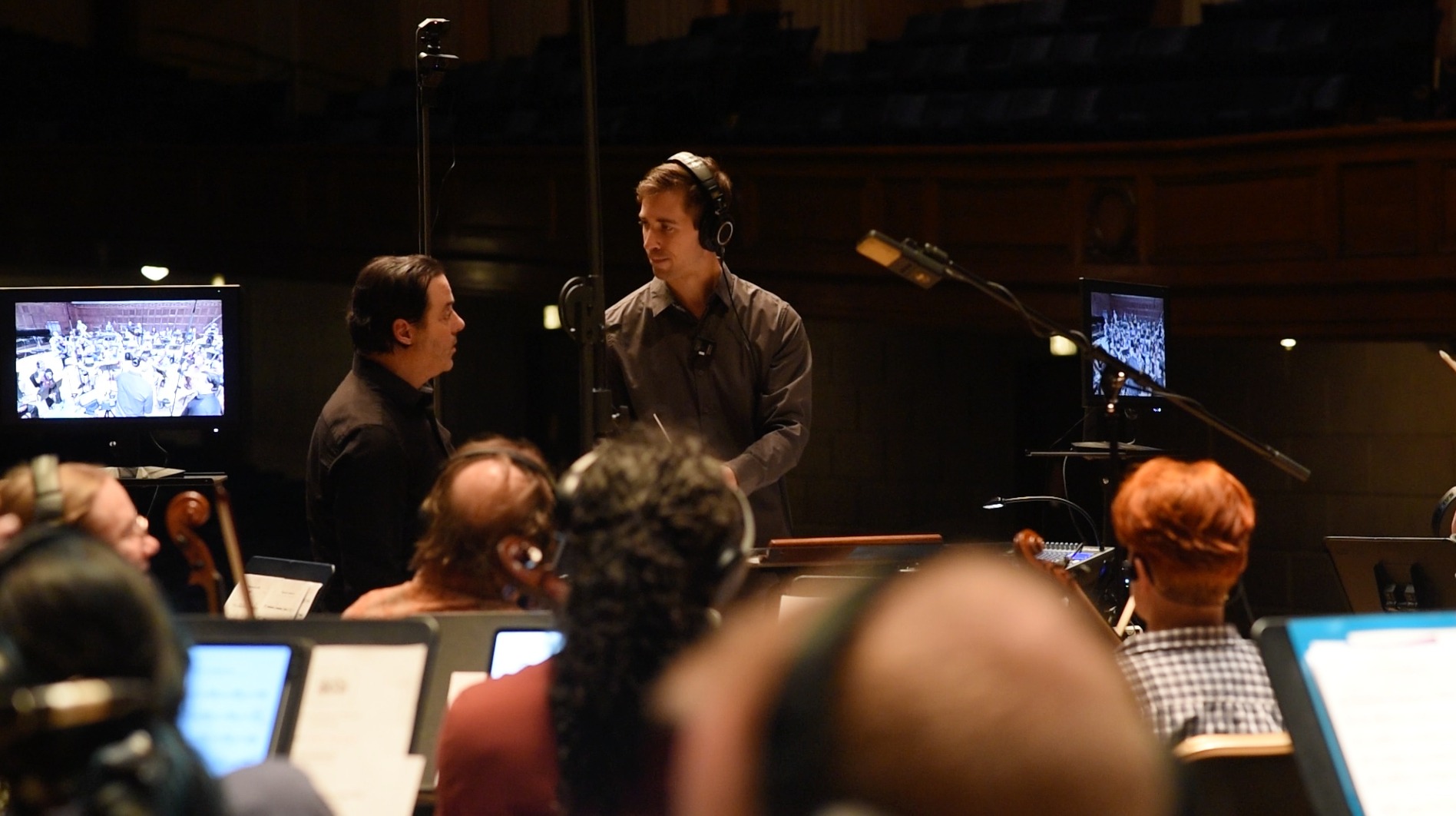
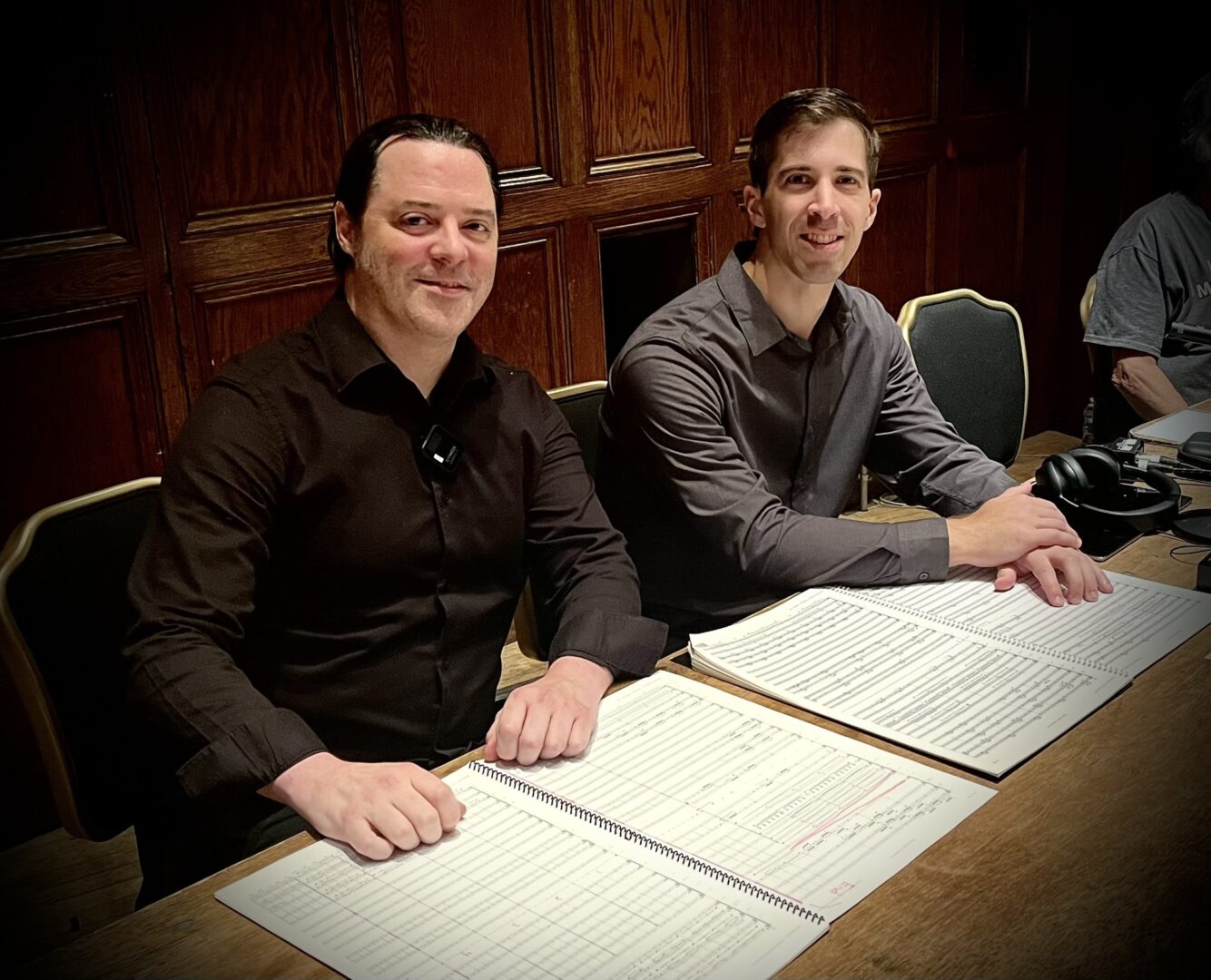
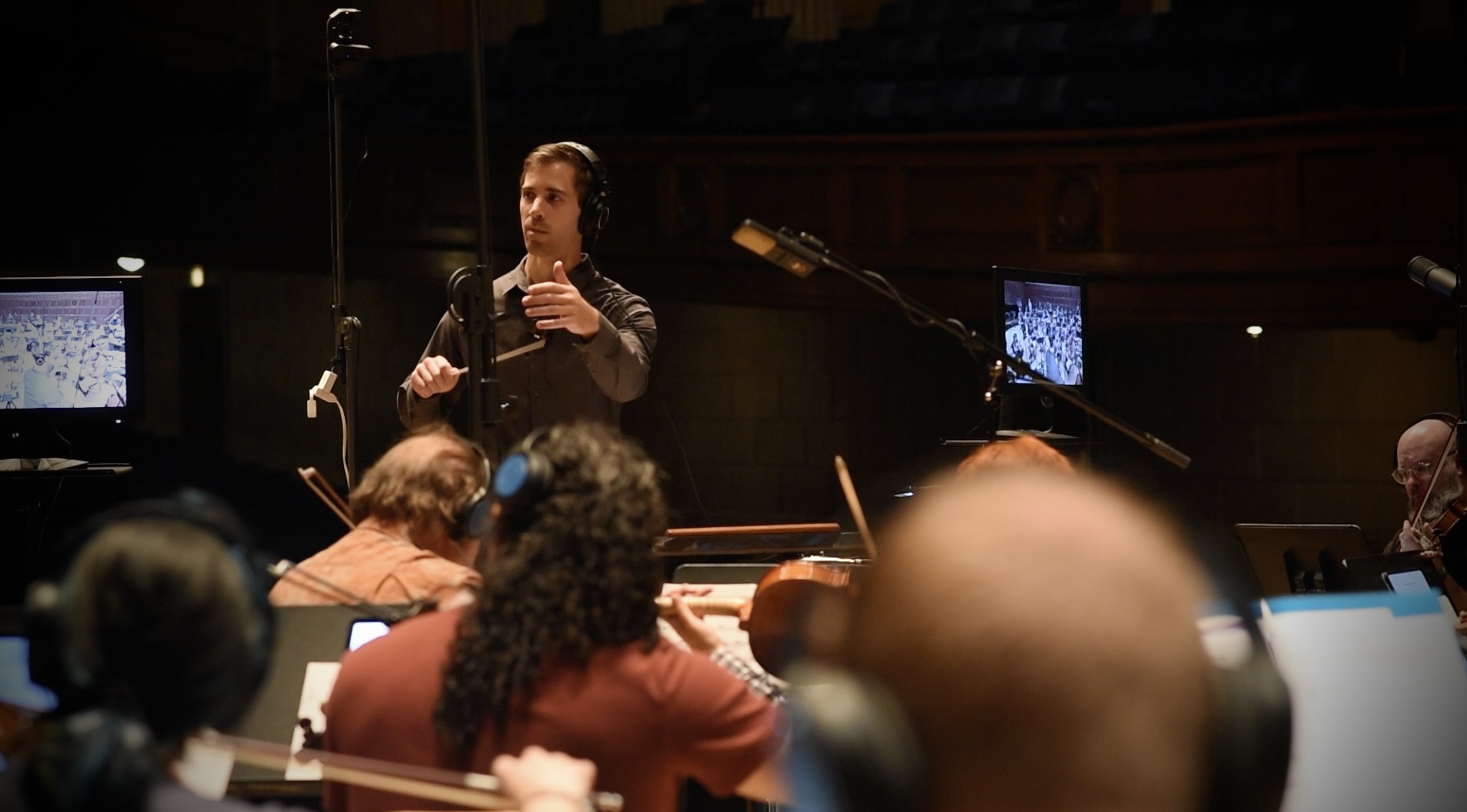
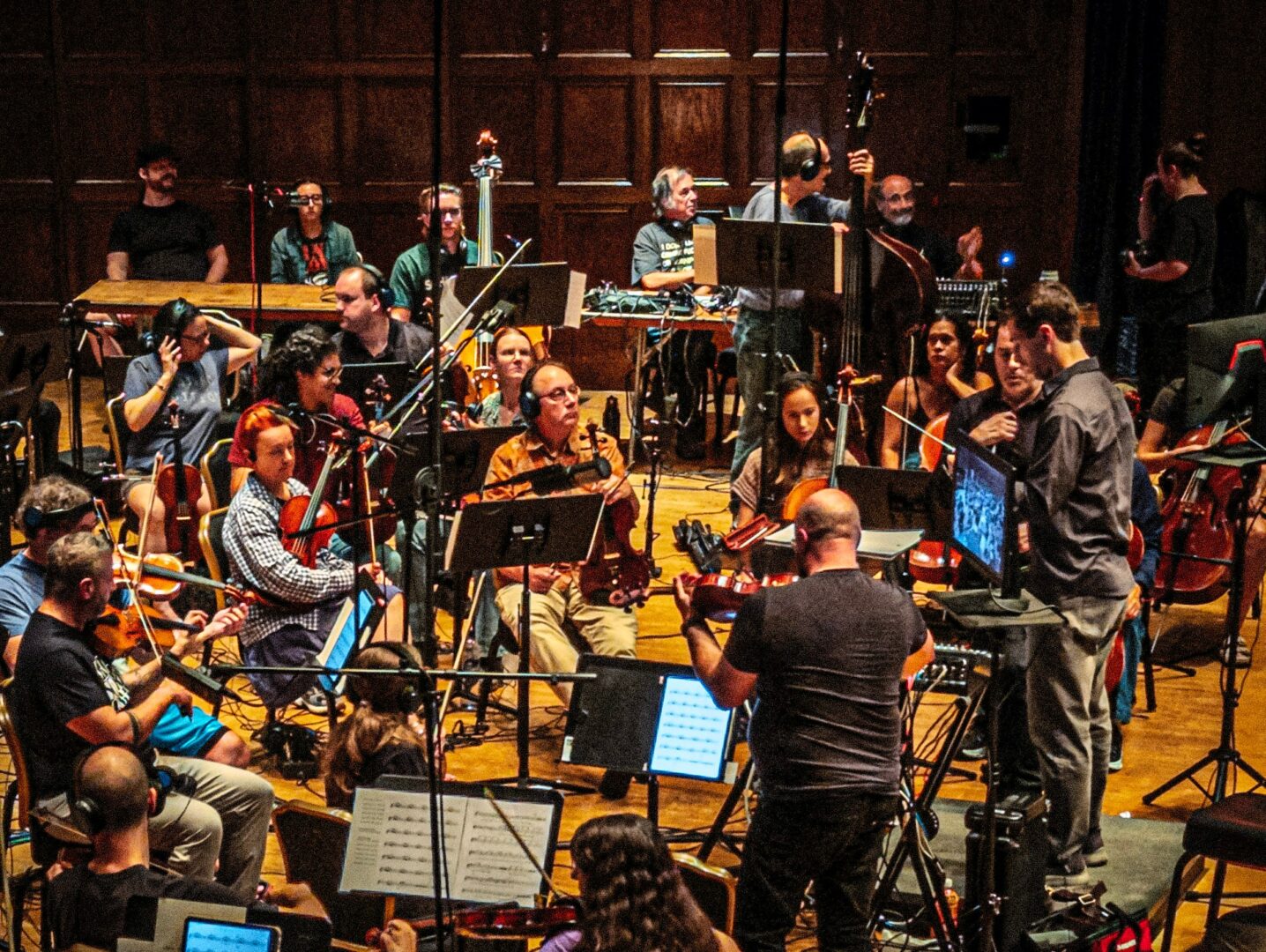
Image Credits
Josh Menning, Sam Buonavolonta, Judah Rodriguez, Stephen Ley, Moqian Chen
so if you or someone you know deserves recognition please let us know here.

